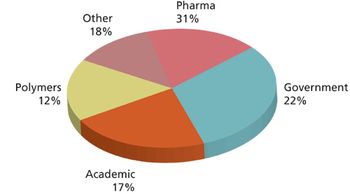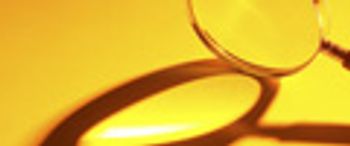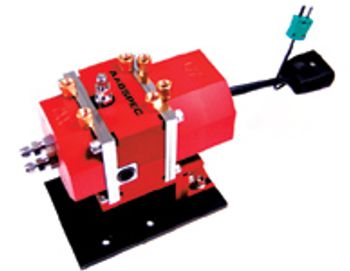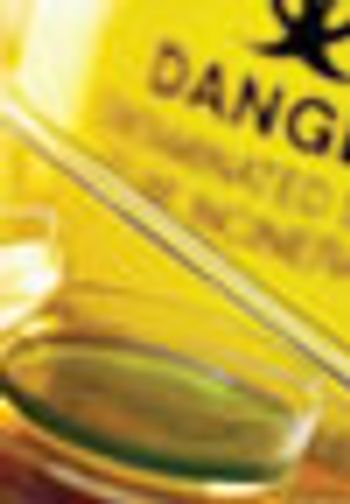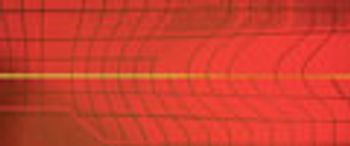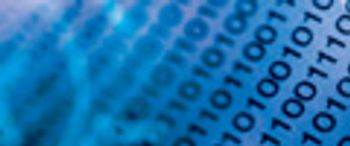
Spectroscopy
This article describes the application of chemometric methods and statistics for reporting clinical quantitative measurement methods. The equations and terminology are consistent with the Clinical and Laboratory Standards Institute (CLSI) guidelines. These chemometric and statistical methods describe the accuracy and precision of a test method compared to a reference method for a single analyte determination. Part I will introduce these concepts and Part II will discuss the statistical underpinnings in greater detail.

